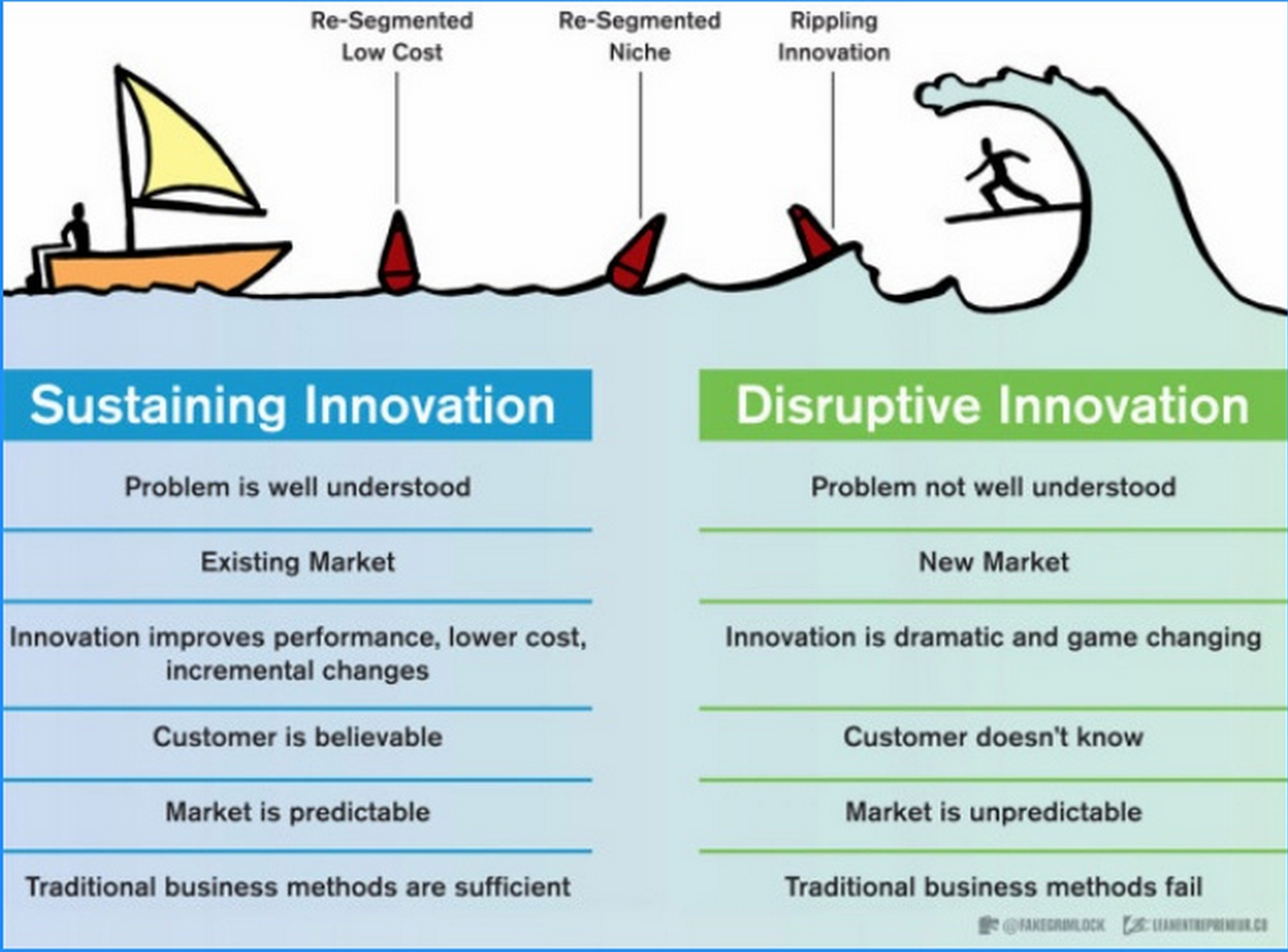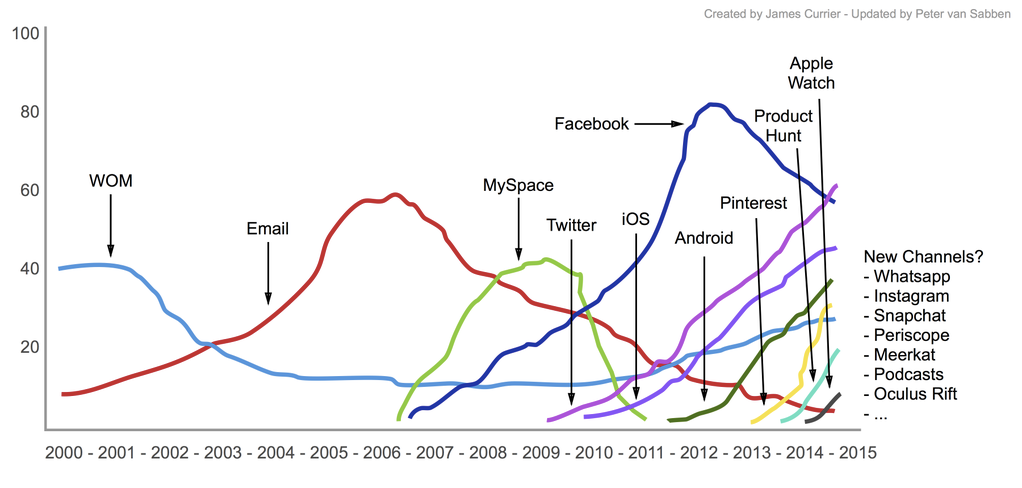In my view, there are two roles that make a significant impact when building a start-up:
Period.
Unless you can do one of these two things, you have no relevance in an early-stage tech start-up.

So what relevance does an ex-junior consultant and business schoolboy have for an early-stage tech company? None. Business development and strategy simply do not add sufficient value. Customers are all that matters.
I am that Copenhagen Business School boy. I started to build tech companies 3–4 years ago. I co-founded Founders, where I am leading the growth team. At Founders, I have so far been part of building nine tech companies.
In today’s start-up hype where everybody wants to become an entrepreneur, I think there is a need for alignment. Alignment on what is actually adding value when building an early-stage tech company.

To start out, I had no experience. Further, I realised that getting customers for a start-up is a perfect storm. This is why:
We want to build something new. We want to target a new behaviour. We have an unknown product under an unknown brand. So, of course, there will not be any valid market data or customer insights to base decisions on. And the data you are able to create yourself, will not be statistically significant.

“More and more platforms are becoming available to us and their cycle of peak effectiveness to depreciation is becoming faster and faster” — Brian Balfour, CMO of HubSpot
This graph by James Currier illustrates this issue very well:

“This is how AirBnB did it, so it should also work for you, or what about trying the Dropbox referral mechanism?” STOOOOOOOP. There is too much noise out there. And because you are often on virgin land when building a start-up, it is easy to get confused.
Those are the three conditions that make the perfect storm when growing a start-up. For me, they resulted in a highly unstructured marketing process. In hindsight, I can see, that it was caused by there key mistakes I made:
The result: I didn’t understand the reasons behind success or failure = Worst case.
I remember the frustration. I was frustrated about why things that worked for AirBnB didn’t work for me. Frustrated about not understanding why. Not understanding the reason behind failures and successes.
I wanted to be a part of building companies, and I wanted to add real value. But I was lost.

So basically I started reading — not books but blogs. Blogs by people more experienced in growing tech start-ups. I was looking for a process, a guideline, a playbook. Fortunately the superstars are not afraid of sharing.
The topic is modern digital marketing, growth-hacking, distribution hacking — call it what you want.
They argue that traditional marketing works fine, if you are just sustaining innovation. But if you aspire to change something, you need to think differently. Traditional marketing tactics don’t work in a start-up. Anyone can set up a Facebook campaign, buy Adwords or write a blog post.
These are my main takeaways, which I try to apply every day:
My opinions have no weight. And will never have. Over time my product, my audience and my channel change. I need to test or die trying.
Success or failure. I don’t care! I care whether or not I understand WHY the experiment was a success or a failure. If I don’t, I am still in the dark!
I must always remember that the way potential users meet my product is part of the product.
Copying what AirBnB or Uber is doing won’t work. What they did worked at a different time, in a different market and with a different product. But I can get inspiration, and find my own silver bullets.
Process is king. Only by applying a process I will be able to improve. Read my extensive introduction to the process of Founders Growth Team here. Further get access to our templates here - Founders Growth Machine.
That is the alignment that I think is needed. In the first 1–2 years of building a tech start-up, you either build or you get customers. And getting customers in a modern, digital and scalable way is a hard-core discipline. A discipline that you can only learn by doing, and that needs to be practised constantly.
So do I, as a business school boy building tech companies, think that I provide significant value today? Yes, indeed. The growth skill-set is extremely important. Equally important to engineering and design, when building a company.
“the number one reason we are passing on entrepreneurs we otherwise like to back is that they focus on product above everything else. Many entrepreneurs simply don’t have a good distribution….build products while testing traction channels in parallel” — Marc Andreessen
Below I have listed some of the key material, and the persons behind, which guide me every day:
The First Step To Building A Growth Machine by Brian Balfour (The mother source of inspiration)
The Scientific Method: How to Design & Track Viral Growth Experiments(Video) by Brian Balfour
3 Mandatory Skills Every NextGen CMO Should Know (video) by Andy Johns
How we put Facebook on the path to 1 billion users (video) by Chamath Palihapitiya
The Distribution Hacker’s Mission: Create an Unfair Advantage byDanielle Morrill
How to Start a Growth Team by Josh Schwarzapel
I am co-founder and head of growth at Founders. Founders is a start-up studio. So far we have started pleo.io, kontist.com, pipetop.com, duuoo.io,dixie.io, maguru.com, gobox.me, sonofatailor.com and minbildinbil.dk
Founders Growth Team is one of our three expert team. The other 2 are our developer team and our design team. The Growth Team enters the companies we build just around product-market fit. We are responsible for accelerating growth through innovative but sustainable tactics.
Right now I am looking for 2 unique profiles:
Full-stack marketer — Member of Founders Growth Team:https://founders.workable.com/jobs/21254
Head of Brand Building: https://founders.workable.com/jobs/164412
You are of course always welcome to write me at simon@founders.as.